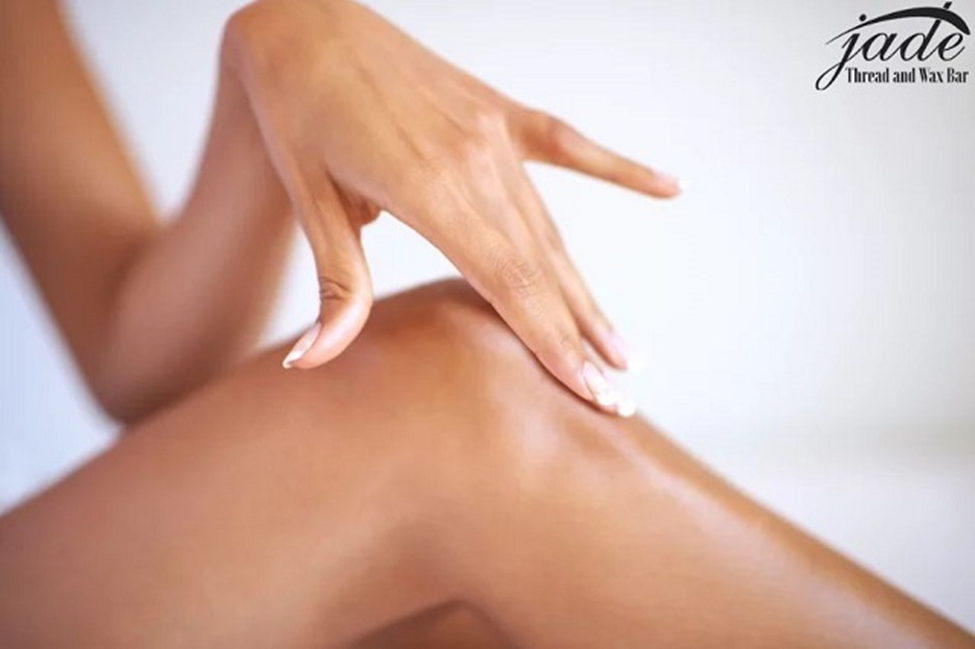Geography has played a crucial role in shaping history of Dominica. The rebel Caribs and mountainous terrain kept it safe from European grasp until the French planters and missionaries settled in 1635. In 1686, France and England fought to gain control of the island while repeatedly agreeing on relinquishing Dominica back to the Caribs.
By 1750, surviving Caribs retreated to the windward coast that’s known as the Carib Reserve whereas in 1763, France surrendered Dominica to England under the Treaty of Paris. If you seek Dominica passport, learn about the amazing history, culture and geographical facts to ace the initial interview and get familiar with the island itself.
Rise of the nation
Agricultural economy and creole culture emerged while the French supplied weapons to the island through Maroons, terrorising the British from 1785 to 1814. Slave liberation was granted in 1834 with Dominica becoming the first and only British-Caribbean colony with black-controlled government followed by complete abolition of slavery.
In 1833, Dominica became part of the Leeward Islands however changed the affiliation to Windward Islands in 1940. Before claiming independence in 1978, Dominica became a member state within the British Commonwealth in 1967.
National identity
Political and social unrest that includes the revolutions of the 1980 and 1982 followed by destructive Hurricane David in 1979 and economic volatility complicated the independence movement. Further dissections included historical and language settlement due to isolated rural villages from the capital Roseau and Portsmouth (second-largest town since colonisation). The existing culture is a mix of British, French, African and Carib that give Dominica a unique distinction.
Ethnic relations
Predominant population on Dominica is of African descent with most of the Caribs residing in the Carib Reserve. Aside maintaining the ancestral practices like the traditional boat manufacturing and basket weaving, native live like rural tribe around the island. Business industry in Roseau is owned by the Syrian, Chinese and Lebanese.
Food & economy
Dominica passport is your key to experience the most exotic cuisine in the entire Caribbean. The rich soil and abundant rainfall are ideal for a variety of fruits, root crops and vegetables. These are exported across the country with bananas and plantains being locales favourite ingredients that are prepared in a variety of ways.
Land crabs, agouti, fish, opossum and river crayfish are widely caught. Urban residents usually obtain produce from their kin living in the outskirts or simply purchase from local market. Supermarkets and shopping malls in Roseau are an epitome of modernism featuring local and imported goods at a pocket-friendly cost. Some of the best restaurants, eateries and nightlife spots are found here in the capital city of Dominica.
Family & kinship
A typical household is led by either a man or woman; eldest of the family! Joint-family system is accepted alongside multiple quarters with shared resources such as bathroom, kitchen and more. Kinship extends beyond the common household, representing the bloodline, marriage and close friendship within and outside the village. Dominicans believe that everyone on the island is related and a part of the family.
Conclusion
Obtaining Dominica passport would be much easier after being familiar with the history and culture of the country.




